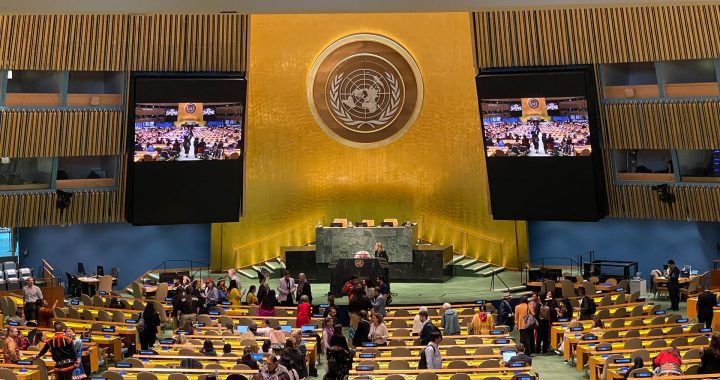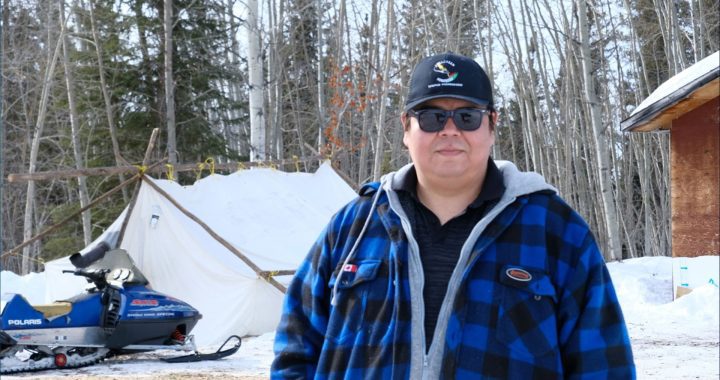The Mi’kmaq in Nova Scotia are now one of the major players in the seafood industry.
The $1 billion deal to purchase one of North America’s largest seafood company became official on Jan. 25, and comes after moderate livelihood fisheries were launched last fall.
That is the point Chief Terry Paul of Membertou First Nation, wants the public to be aware of.
“This is strictly a commercial transaction, and our investment in the commercial offshore fishery is completely separate from our commercial inshore and moderate livelihood fisheries,”
The Mi’kmaq will have ownership of Clearwater’s lucrative fishing licenses, LFA 41, an area encompassing the ocean along most of the eastern side of Nova Scotia.
Ashton Bernard of Eskasoni First Nation, said Clearwater will change everything for all Mi’kmaq harvesters.
“So when it comes to the fishing industry Clearwater is the main company, they’re the big dogs they run the show and it’s just huge, like I’m not sure if our people know but it is huge,” said Bernard.
The deal, partnered with B.C. company Premium Brands, is led by Membertou and Miapukek First Nations.
The coalition includes Sipekne’katik, We’koqma’q, Potlotek, Pictou Landing, and Paqtnkek First Nations.
The coalition put up $250 million and a loan from First Nations Finance Authority.
The owners of Clearwater, who founded the company in 1976, are retiring and their children did not want to take over the company.
Paul said ownership of Clearwater’s fishing licenses will ensure prosperity for community members.
“Our invest ensures that we have financial diversity, and this will allow us to grow our wealth to continue investing in all aspects of our communities including our other fisheries,” said Paul.
The moderate livelihood fisheries launched by a few First Nations communities and was met with violence from non-Indigenous people.
They say the fishing is illegal.
The Mi’kmaq have a treaty right to fish, which was upheld by the Supreme Court of Canada in 1999.
The term ‘moderate livelihood’ has not been defined, and the Mi’kmaq treaty harvesters have faced violence since.
Bernard is a lobster harvester, and fishes a moderate livelihood.
He hopes in the future, Clearwater will become part of the moderate livelihood fishery.
“It’s not illegal, the Canadian government says you know they recognize our right to a moderate livelihood, we’ll let us sell our fish then you know so I’m hoping with the clearwater deal they could you know buy our fish,” said Bernard.
For the near future, Chief Paul said clearwater will operate as usual, and he hopes to work with the management team to grow the company.
“We will have lasting positive impacts on the economics of our Mi’kmaw communities, it’s a generational acquisition for sure,” said Paul.









